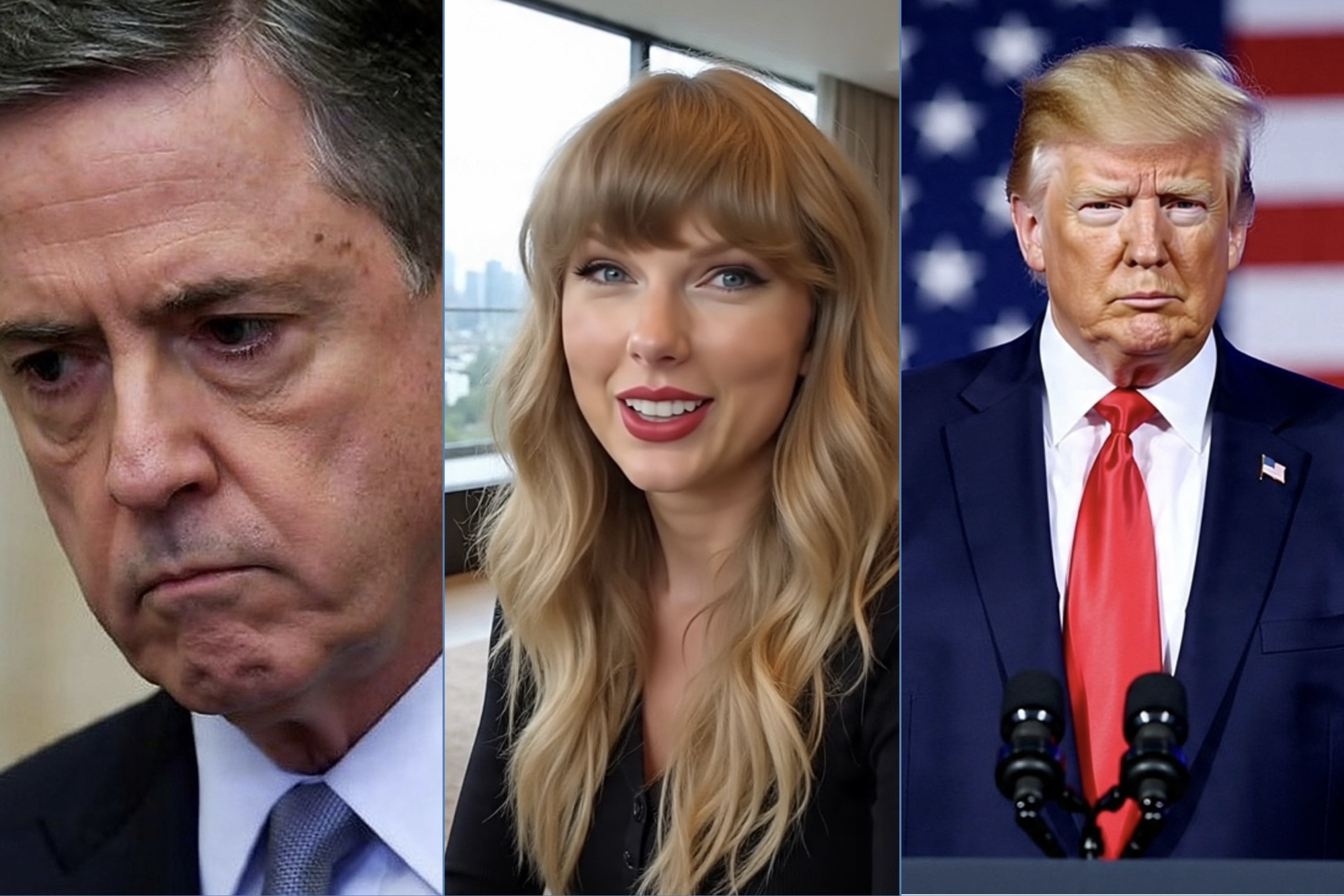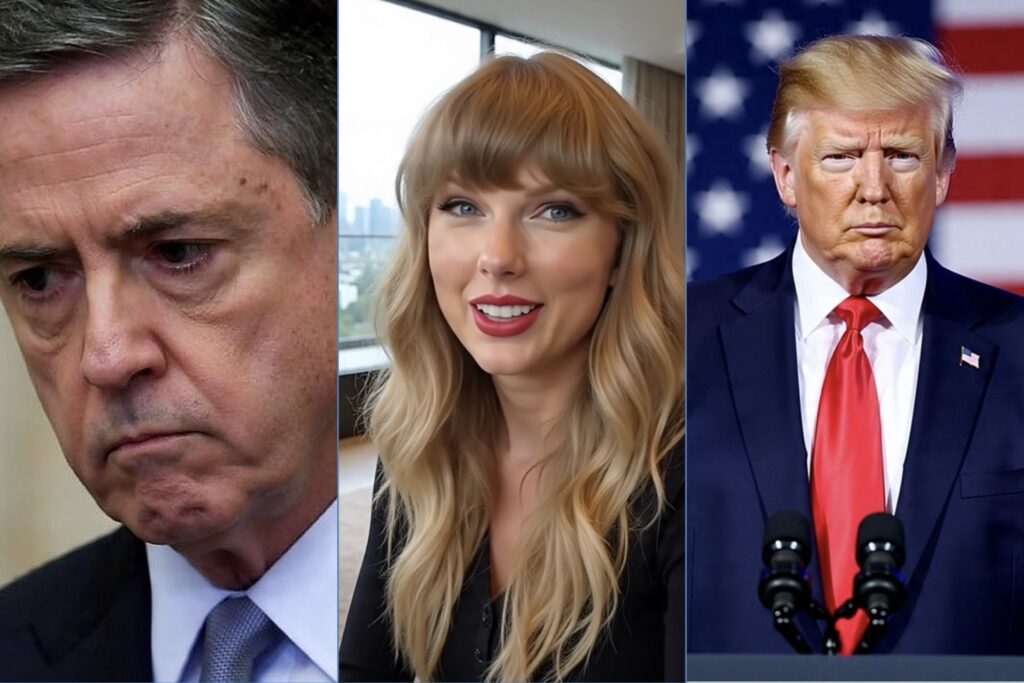NFL
Beth Van Duyne Sparks Debate by Labeling James Comey’s Taylor Swift Video as a Manifestation of ‘Donald Trump Derangement Syndrome,’ Highlighting Deepening Political Divisions

Beth Van Duyne Criticizes James Comey’s Taylor Swift Video as ‘Trump Derangement Syndrome’ Exemplar
In a recent social media post, U.S. Representative Beth Van Duyne (R-TX) has reignited political discourse by targeting former FBI Director James Comey over a video where he discusses his family’s fondness for Taylor Swift’s music. Van Duyne’s critique, framed within the context of “Trump Derangement Syndrome,” has sparked a broader conversation about the intersection of personal expressions and political narratives in an increasingly polarized landscape.

The video in question, which went viral, features Comey sharing how Taylor Swift’s music has become a soundtrack for his family, even influencing his approach to dealing with bullies—a subtle nod to his ongoing criticisms of former President Donald Trump. Van Duyne, however, sees this as more than just a personal anecdote. In her X post, she argues that Comey’s focus on Swift is indicative of a deeper irrationality among Trump’s critics, a phenomenon she refers to as “Trump Derangement Syndrome” (TDS). This term, originally coined by conservative commentator Charles Krauthammer in 2003 to describe opposition to George W. Bush, has been repurposed to dismiss any criticism of Trump as unfounded or excessive.
Van Duyne’s post, which includes snippets from a Fox Business segment discussing Comey’s video, emphasizes the perceived disconnect between Comey’s past role as FBI Director and his current public persona. “James Comey’s latest behavior is further proof that Trump Derangement Syndrome continues to break liberal minds in the most astonishing ways,” she wrote, suggesting that such distractions are unbecoming of someone who once held a position of significant national security responsibility.
The timing of Van Duyne’s comments is notable, occurring amidst a period of heightened global and domestic challenges. The Fox Business alerts visible in the video screenshots highlight ongoing economic fluctuations and international tensions, providing a stark contrast to Comey’s personal disclosures. This juxtaposition has led some to argue that Van Duyne’s critique is part of a broader strategy to deflect attention from these issues by focusing on cultural and personal distractions.
Critics of Van Duyne’s stance argue that her use of TDS is a tactic to delegitimize legitimate political discourse. The term itself has been widely debated, with many pointing out that it is not recognized as a medical diagnosis and is often used to silence opposition rather than engage with it. Furthermore, the rapid propagation of such narratives on social media platforms like X can amplify their impact, influencing public perception and deepening divisions.
Comey’s video, intended perhaps as a light-hearted share, has thus become a flashpoint in the ongoing culture wars. It underscores how personal expressions from public figures can be weaponized in political battles, reflecting broader trends in how social media is used in politics. The ability to quickly spread information, whether accurate or not, can shape the narrative around political figures, benefiting campaigns and agendas that leverage these platforms effectively.
As the 2025 political landscape continues to evolve, incidents like this highlight the challenges of navigating personal and professional boundaries in the public eye. For Van Duyne, the episode serves as an opportunity to reinforce her conservative stance and critique what she perceives as liberal overreach. For others, it is a reminder of the complexities of political discourse in an era where every comment can become a battleground.
In the end, the debate over Comey’s Taylor Swift video and Van Duyne’s response illustrates the enduring power of narrative in shaping political reality. Whether seen as a genuine expression of personal taste or a strategic distraction, it underscores the ongoing tension between individual identity and public role in the political arena. As the 2025 elections approach, such incidents will likely continue to play a significant role in how political figures are perceived and how campaigns are conducted.












